Shares of the Chinese group Evergrande, once the country’s largest real estate developer, were officially delisted from the Hong Kong Stock Exchange after more than 15 years of trading. This move marks a ‘dark milestone’ for the company, which had a market value exceeding $50 billion before its dramatic collapse under a massive debt burden estimated at $300 billion, earning it the title of ‘the world’s most indebted real estate developer.’ Founded by Xu Jiayin, who rose from humble rural origins to become Asia’s richest man in 2017 with a fortune of $45 billion, his wealth fell to less than $1 billion by 2024 after a $6.5 million fine and lifetime ban from the Chinese capital market due to inflating company revenues by about $78 billion.
At its peak, Evergrande had 1,300 projects in 280 Chinese cities, alongside ventures in electric vehicles and ownership of Guangzhou football club, which was excluded from the league in early 2025 due to debt defaults. The crisis, triggered by Beijing’s tightening of borrowing rules in 2020, forced the company to sell properties at steep discounts to maintain liquidity, leading to successive debt defaults, especially in foreign markets. In January 2024, Hong Kong’s Supreme Court ordered the company’s liquidation after it failed to present an acceptable plan to handle its external obligations. Since then, its shares remained suspended until the final delisting decision. The company’s market value lost more than 99% before liquidation. Liquidators revealed this month that the company’s debts remain around $45 billion, while assets sold fetched only $255 million, indicating that a full restructuring remains elusive.
The collapse worsened the real estate sector crisis, which accounts for about a third of China’s economy and is a major source of local government revenues. The sector’s contraction led to mass layoffs and significant wage cuts for remaining workers. Despite Beijing’s initiatives to support consumption and stimulate the real estate market through exemptions and incentives for new home buyers and promotion of electric vehicles and consumer goods, economic growth slowed to about 5%, considered very slow compared to the double-digit growth years before 2010. Analysts agree the crisis is not over; this month saw the liquidation of China South City Holdings, while Country Garden seeks creditor agreements on over $14 billion in foreign debt, awaiting a decisive liquidation session in January 2026. Experts warn more Chinese real estate developers will collapse, with questions about which creditors will recover their funds and how much.
The real estate slump is a key reason for weak consumption in China, with the market expected to bottom out in two years, though no real light is seen at the tunnel’s end. The Chinese Communist Party is focusing on other sectors such as renewable energy, electric vehicles, and robotics, marking a deep transition to a new era of development.



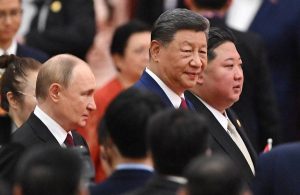



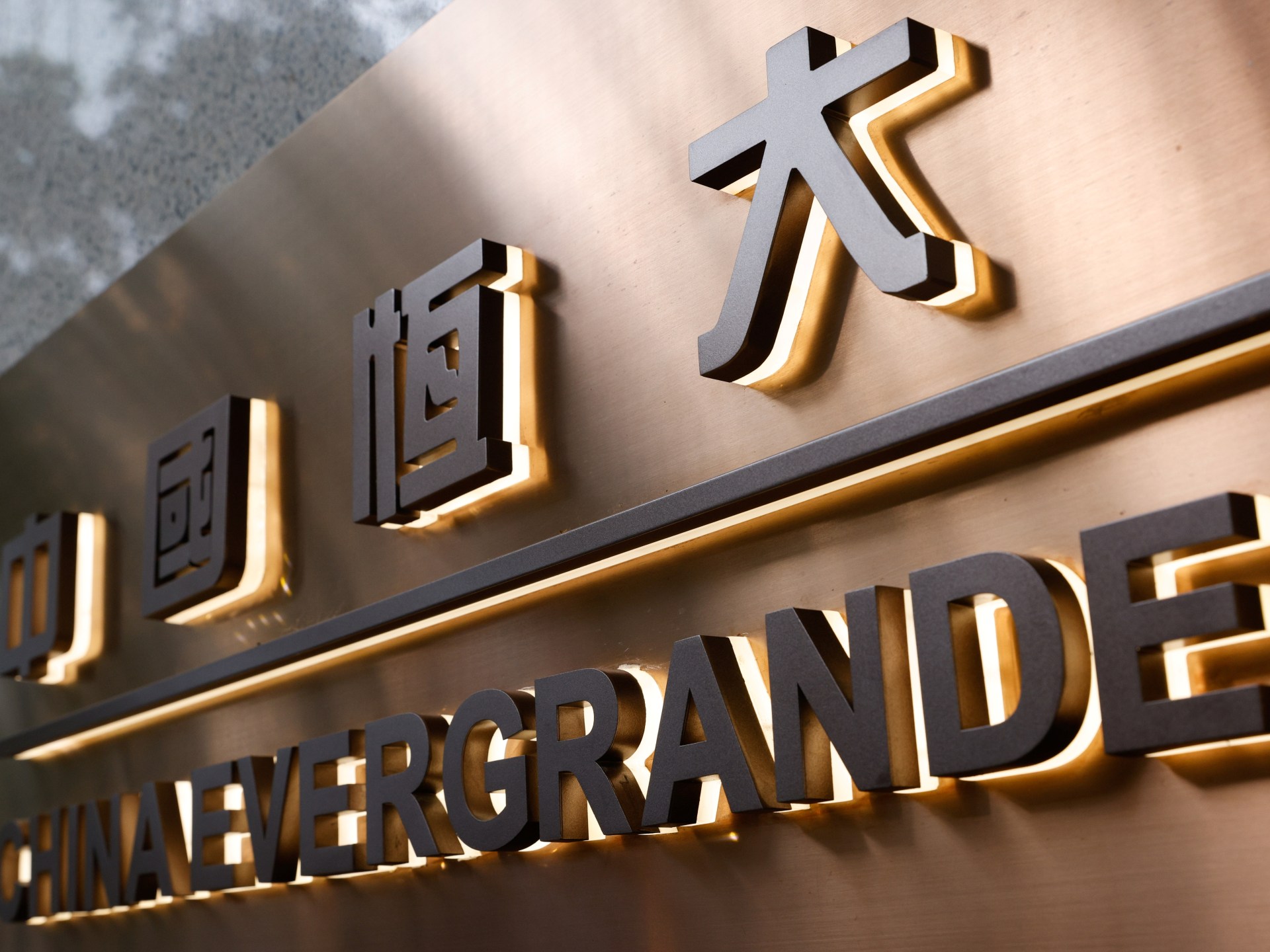
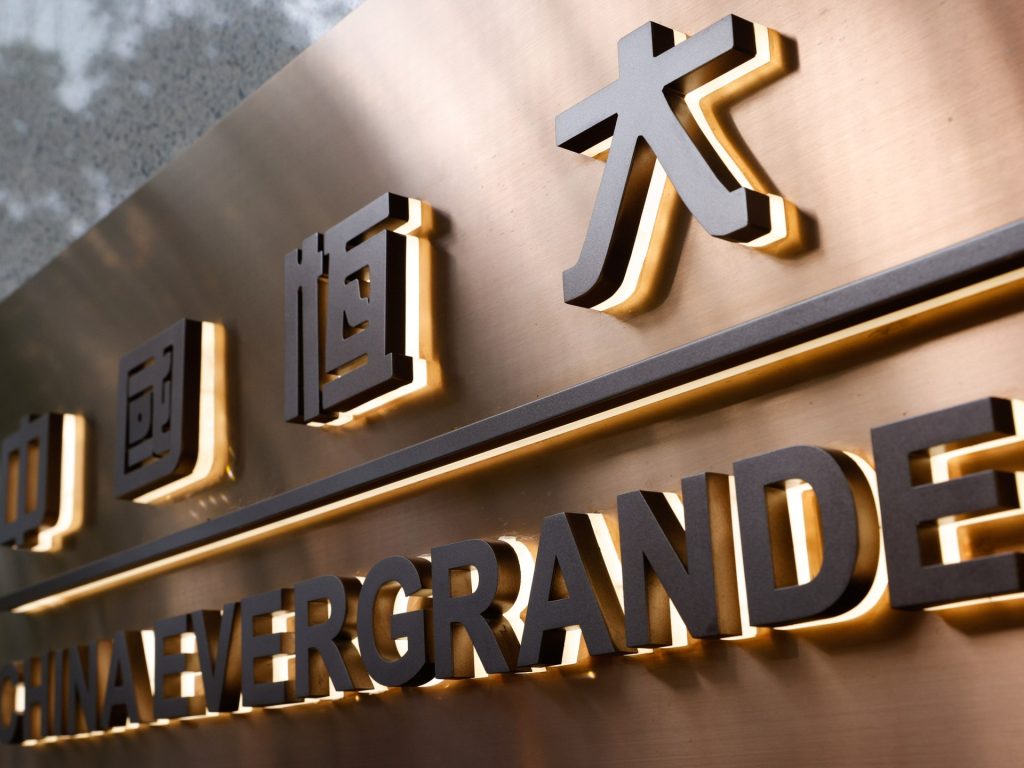
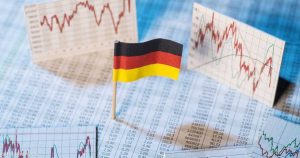


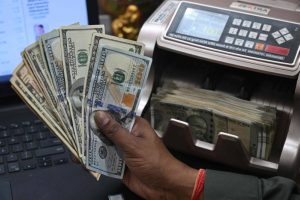
Recommended for you
Exhibition City Completes About 80% of Preparations for the Damascus International Fair Launch
Al-Jaghbeer: The Industrial Sector Leads Economic Growth
Ministry of Media Announces the 10th Edition of 'Media Oasis'
Talib Al-Rifai Chronicles Kuwaiti Art Heritage in "Doukhi.. Tasaseem Al-Saba"
Unified Admission Applications Start Tuesday with 640 Students to be Accepted in Medicine
Afghan Energy and Water Minister to Al Jazeera: We Build Dams with Our Own Funds to Combat Drought